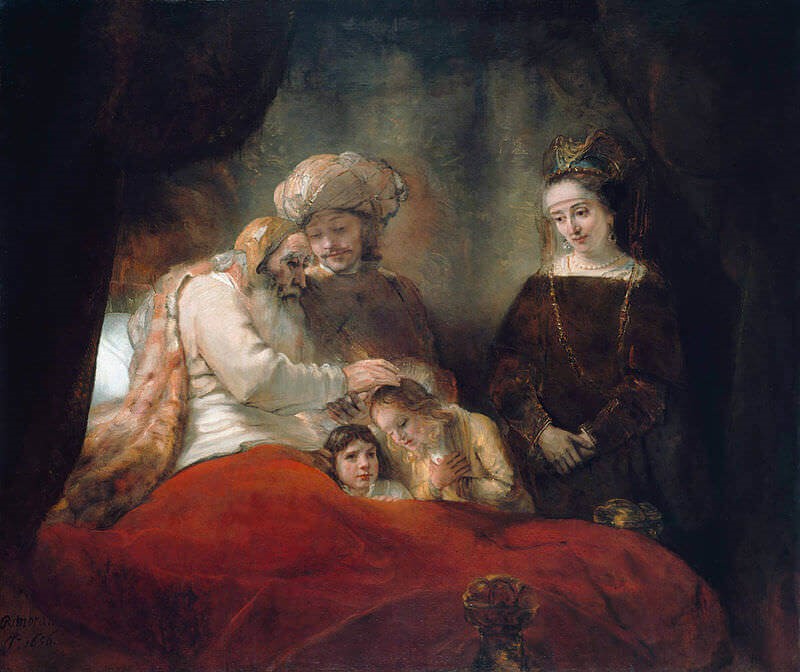
by Phyllis Chesler
Although no woman is named, counted, or appointed to carry a tribal flag, join the army, or perform a sacred task, the shadow of our Foremothers looms large over this parsha. The names of the male tribal representatives are called out in the order of their births to Leah, (Reuven, Shimon, Yehudah); Bilha (Dan, Naftali, both named by Rochel); Zilpah (Gad, Asher, both named by Leah); Leah again (Yissachar, Zevulun, whom she herself named); Rochel who bore and named Yosef who, in turn, Ya’akov/Yisrael “counted” as two tribes: Ephraim and Menashe. (1:5-35).
We must note that the sons of Bilhah and Zilpah, (Dan, Naftali, Gad, and Asher), are mentioned only after Leah and Rochel’s sons and grandsons are named. Leah’s daughter Deena–our Deena (!)–is not mentioned at all and Rochel’s Binyamin is named, for the first time, only much later. (1:36). This is puzzling but may be due to the fact that Binyamin was born last. Finally, Levi, Leah’s son, is also named later and separately. The Levites (le’viim”) are “appointed” to “oversee the mishkan (1:45-51). Just as Leah thought or hoped that the birth of this son might finally “join” her to Ya’akov—so too, are the Levites “appointed” to join the people to God.
Two questions: How far have we come in terms of grappling with the question of why Bilhah and Zilpah are not considered Foremothers? After all, they did give birth to four of our tribes. Any thoughts? And: I counted and recounted and see that we have thirteen, not just twelve tribes once we count Binyamin. How can this be? What am I missing? Are the Levites not counted as a tribe?
While this is certainly the World of Our Fathers, our Foremothers are remembered, “counted,” for having created us all through the power of their having named their sons/the tribes. In the beginning, our mothers…my mother…all our mothers—were there at the moment when they first longed for us, at the moment of our conception and birth, or adoption. They watched over us in infancy and childhood, in sickness and in health, “till death do us part.” For as long as they lived, few Jewish women ever deserted their maternal watch and few have been publicly, formally, religiously, honored–and not just sentimentally–for their mother-work—without which there would be no other.
Shabbat Shalom!
.
- Like
- Digg
- Del
- Tumblr
- VKontakte
- Buffer
- Love This
- Odnoklassniki
- Meneame
- Blogger
- Amazon
- Yahoo Mail
- Gmail
- AOL
- Newsvine
- HackerNews
- Evernote
- MySpace
- Mail.ru
- Viadeo
- Line
- Comments
- Yummly
- SMS
- Viber
- Telegram
- Subscribe
- Skype
- Facebook Messenger
- Kakao
- LiveJournal
- Yammer
- Edgar
- Fintel
- Mix
- Instapaper
- Copy Link








